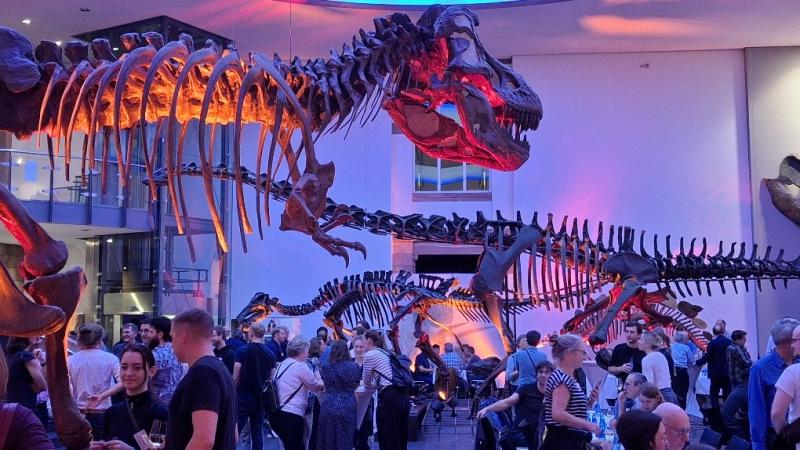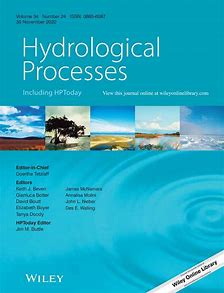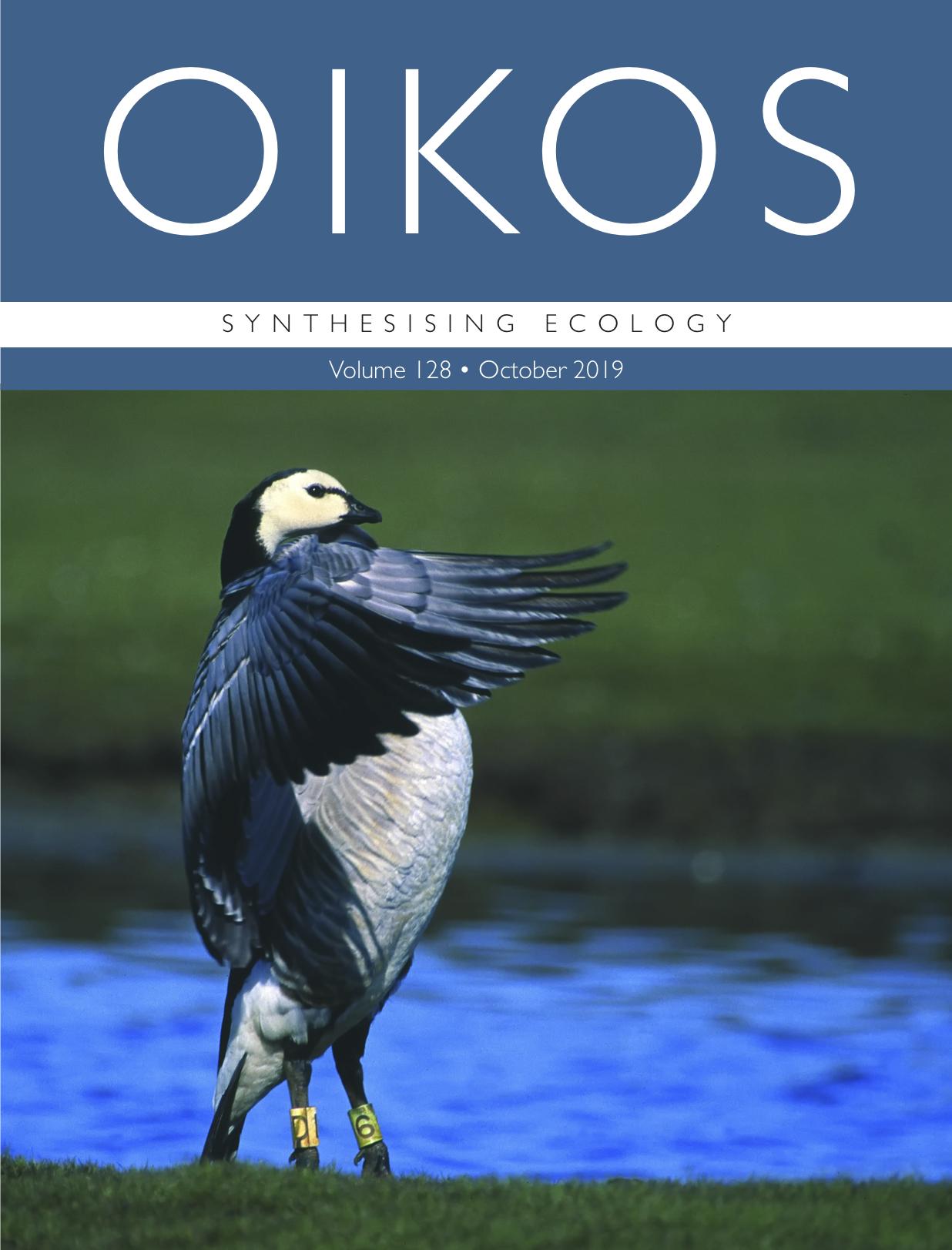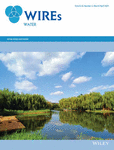
The effects of climate change make sustainable management of our inland waters an urgent necessity. It is causing prolonged droughts and floods and, in combination with land-use changes and urbanisation, is affecting the quantity and quality of our water resources. Due to the great diversity of organisms and multiple feedback mechanisms at different spatial and temporal scales, it is difficult to make reliable predictions of how ecosystems will respond to environmental change.
In the programme area 'Predictive Ecology in the Anthropocene', we aim to predict the responses of freshwater ecosystems and their organisms to global change under projected conditions. In doing so, we aim to contribute to policy advice and provide critical impetus for the sustainable management of our inland waters. We use robust and novel scientific methods, including the consideration of socio-ecological couplings, the investigation of functional and mechanistic processes, and the combination of the analysis of large data sets with statistical and mechanistic modelling.
Speakers
News
Downloads
Selected publications
Advancements in Satellite Observations of Inland and Coastal Waters: Building Towards a Global Validation Network
This article highlights the importance of validating satellite-derived water quality products. The authors provide guidance for the scientific community on what to consider when implementing field campaigns to collect data for remote sensing validation needs.

Fifty years of limnological data on Lake Stechlin, a temperate clearwater lake
The presented dataset from Lake Stechlin covers basic water-chemical and physical records taken at monthly to fortnightly intervals from 1970 to 2020, documenting limnological changes during that period. Furthermore, it serves as a valuable basis to assess and project potential consequences of climate change and other types of environmental change on deep clearwater lakes in temperate climates.
Storage Dynamics and Groundwater–Surface Water Interactions in a Drought Sensitive Lowland Catchment: Process-Based Modelling as a Learning Tool
The authors simulated seasonal and long-term changes in the spatio-temporal patterns of water storage dynamics and groundwater–surface water interactions in lowland tributary of the Spree catchment. After several major droughts, groundwater stores are depleted and stream flows intermittent. This shows the importance of integrated land and water management in NE Germany.
Addressing grand ecological challenges in aquatic ecosystems: how can mesocosms be used to advance solutions?
Marine and freshwater researchers using mesocosms synthesise their recommendations on opportunities and limitations for advancing solutions to grand ecological challenges in aquatic ecosystems. They focus on the unexplored potential for using mesocosms to test solutions to human impacts on aquatic ecosystems. This will need novel collaborations between ecologists and technological developers.
A Holistic Catchment-Scale Framework to Guide Flood and Drought Mitigation Towards Improved Biodiversity Conservation and Human Wellbeing
The authors suggest to combine conventional civil engineering methods, nature-based solutions, and biodiversity conservation actions at catchment-scale to leverage flood and drought mitigation and cater to improved biodiversity conservation and human wellbeing. We outline the needs in terms of legislation structure, adequate funding and governance structures to make this happen.




















